"In the new mission, thirty-one Hungarian law enforcement officers, many of whom have already participated in previous missions, will soon leave for a month-long mission in Serbia to assist the local authorities in border protection tasks, Bence Retvari said. The parliamentary state secretary added that thanks to international cooperation, migration pressure in southern Serbia has decreased. Previously, 60% of illegal immigrants crossed the border section with northern Macedonia and 40% crossed at the Bulgarian border, but this proportion has now been reversed. "This also means that those who are detained by the authorities in these areas no longer reach the Hungarian-Serbian border," he said, stressing that where there is strong law enforcement action, migration is significantly reduced.
According to data put out by the European Union, last year
400,000 entered the territory of bloc member states, but this figure includes only those known to authorities.
The state secretary recalled that although the Eastern European countries are taking serious measures to protect the Schengen border, Germany and France, the destination countries of most migrants, are providing increasing benefits for them to stay. In Germany, for example, the so-called migration reform package has in recent months resulted in 54,000 illegal immigrants who were undocumented upon arriving in the EU to be issued residence permits valid for a year and a half.
"In Sweden, the police were recently ordered to pay compensation when several demonstrators were injured as a result of law enforcement action to quell riots organised by immigrants from Syria. In France, a French family was attacked and killed by illegal immigrants during a farmers' demonstration criticizing the management of migration," the Interior Ministry state secretary said.
"Migration is a lucrative business for those involved in international organized crime, as smugglers are demanding at least two, on average five, but sometimes ten to thirteen million forints (about 5-33 thousand euros) per person to get them to Western Europe, while those legally residing in the EU can travel within the Bloc for a fraction of that amount," Bence Retvari pointed out. "In Germany, Muslim migrants are again calling for the introduction of Sharia law, which would adapt school curricula to their religion and separate boys and girls in education. They also demand that stoning be made legal as punishment in accordance with the Sharia code," he said.






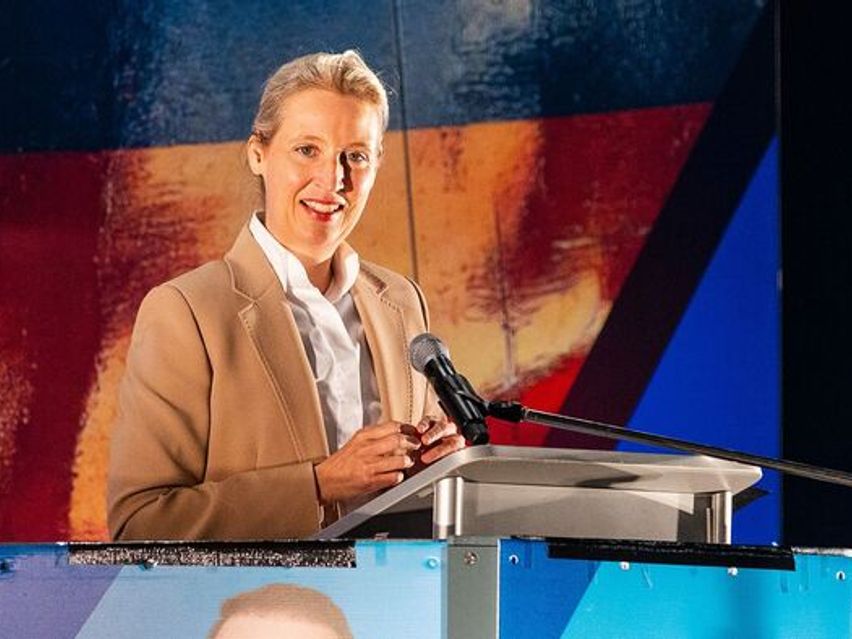

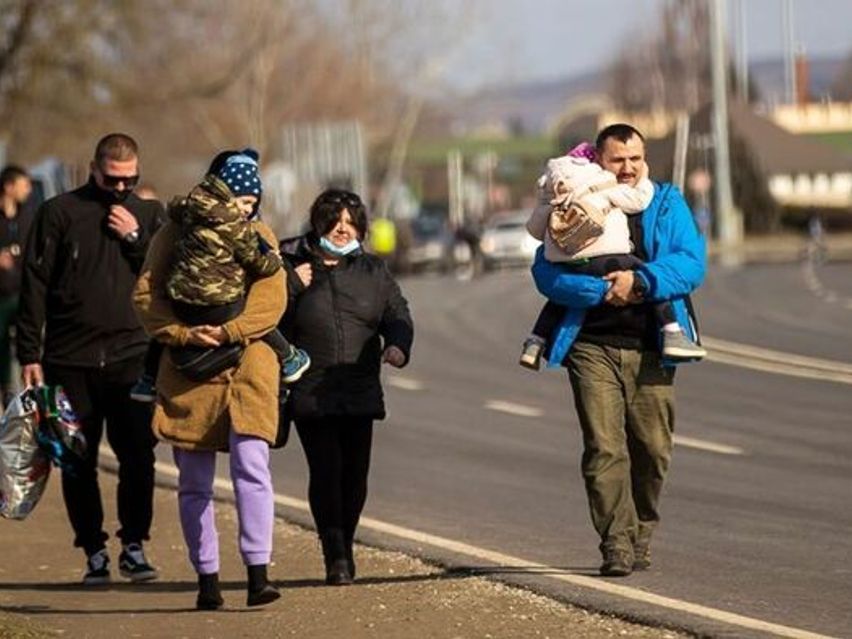



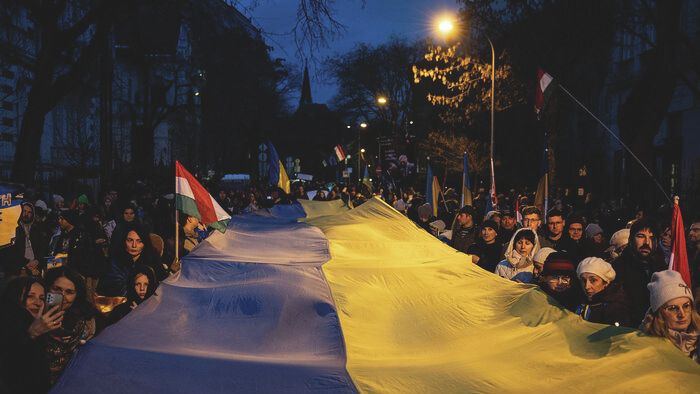
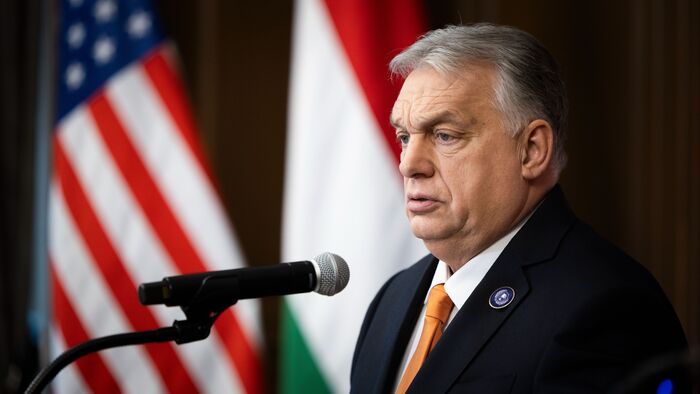







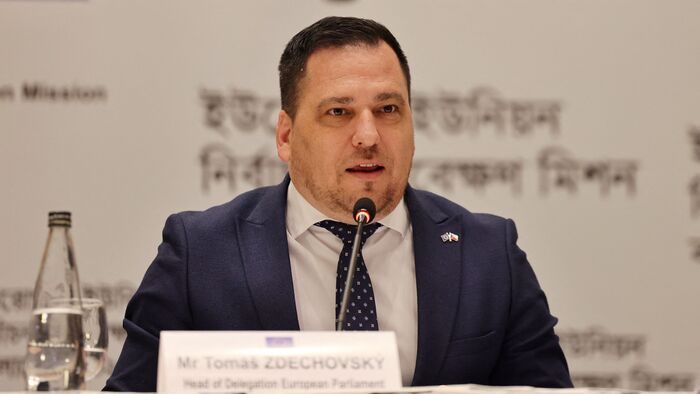

Szóljon hozzá!
Jelenleg csak a hozzászólások egy kis részét látja. Hozzászóláshoz és a további kommentek megtekintéséhez lépjen be, vagy regisztráljon!